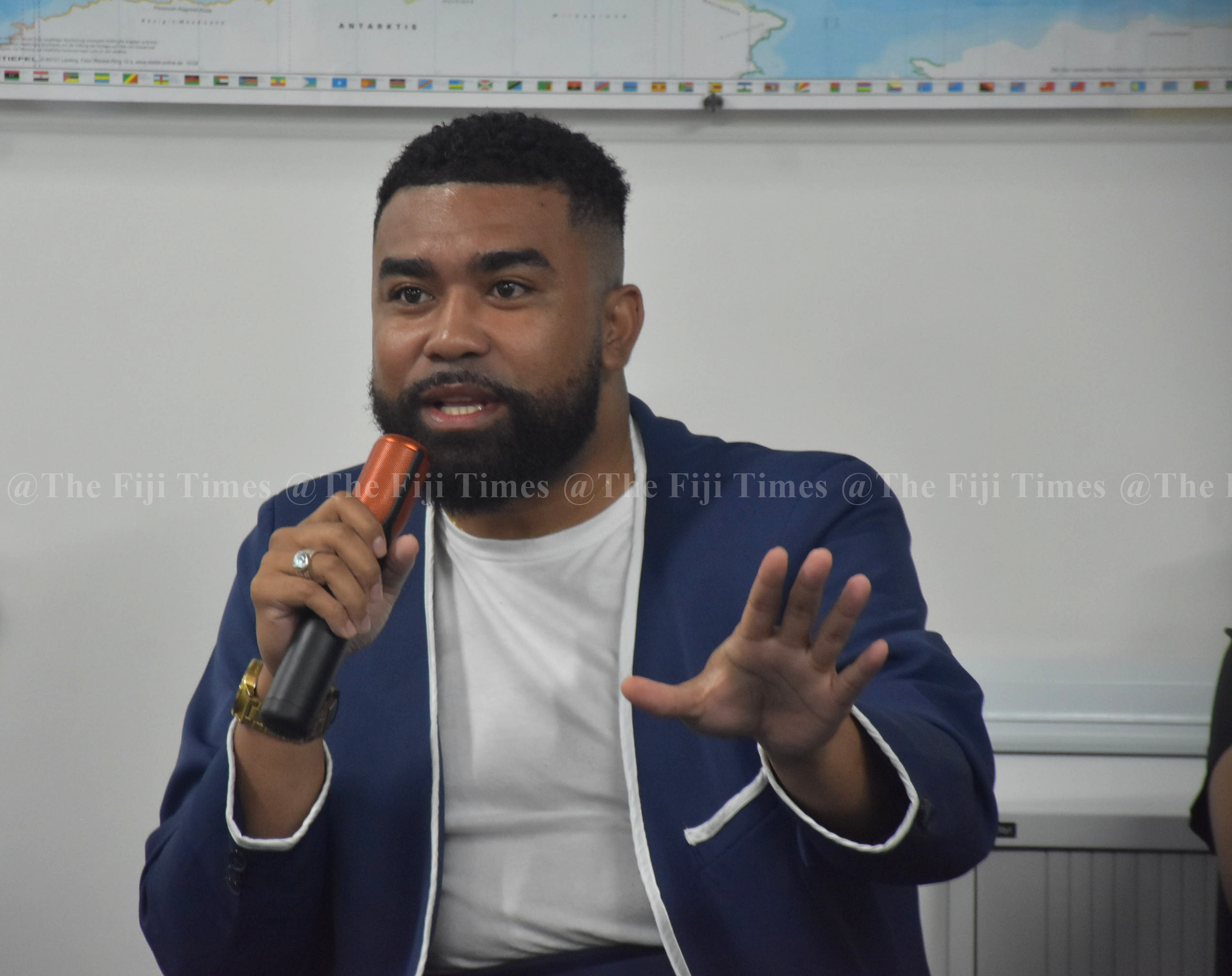Public schools in Fiji are falling behind in equipping students with essential digital literacy skills.
Fiji fashion designer and educator Temesia Tuicaumia, who is actively working to close the gap through media-based education initiatives, said there was no robust digital literacy curriculum in place for public school students, leaving them vulnerable to misinformation and unable to fully engage with technology.
Speaking at the ‘Digital Veiwekani: Fighting Fake News Together’ panel hosted by the German Embassy, he said students from public schools do not really have a curriculum that equipped them with pure digital literacy.
“What we’ve noticed is they don’t have access to any structured program that teaches responsible and effective use of digital platforms,” he said.
At his private school in Tamavua, Temesia has introduced a digital literacy curriculum from Excel, a program based in Minnesota, US, which he said had significantly improved students’ understanding and use of technology.
To reach a broader audience, he is now using media platforms such as television to deliver digital literacy programs, especially to children and parents who may not have access through formal education channels.
“I’ve found that our strongest partners are really the media.
“They push out legitimate information that isn’t questioned as misinformation and that’s where we’re focusing our advocacy.”
He is also working with the Ministry of Women, Children and Social Protection to combat culturally rooted misinformation, particularly those that affect parenting and child development.
“For example, there’s misinformation in our communities that drinking kava during pregnancy helps the baby sleep. It’s not true and it’s potentially harmful.”
He called for stronger collaboration between Government, the private sector, and civil society to build nationwide digital literacy, especially as online misinformation continued to grow.



